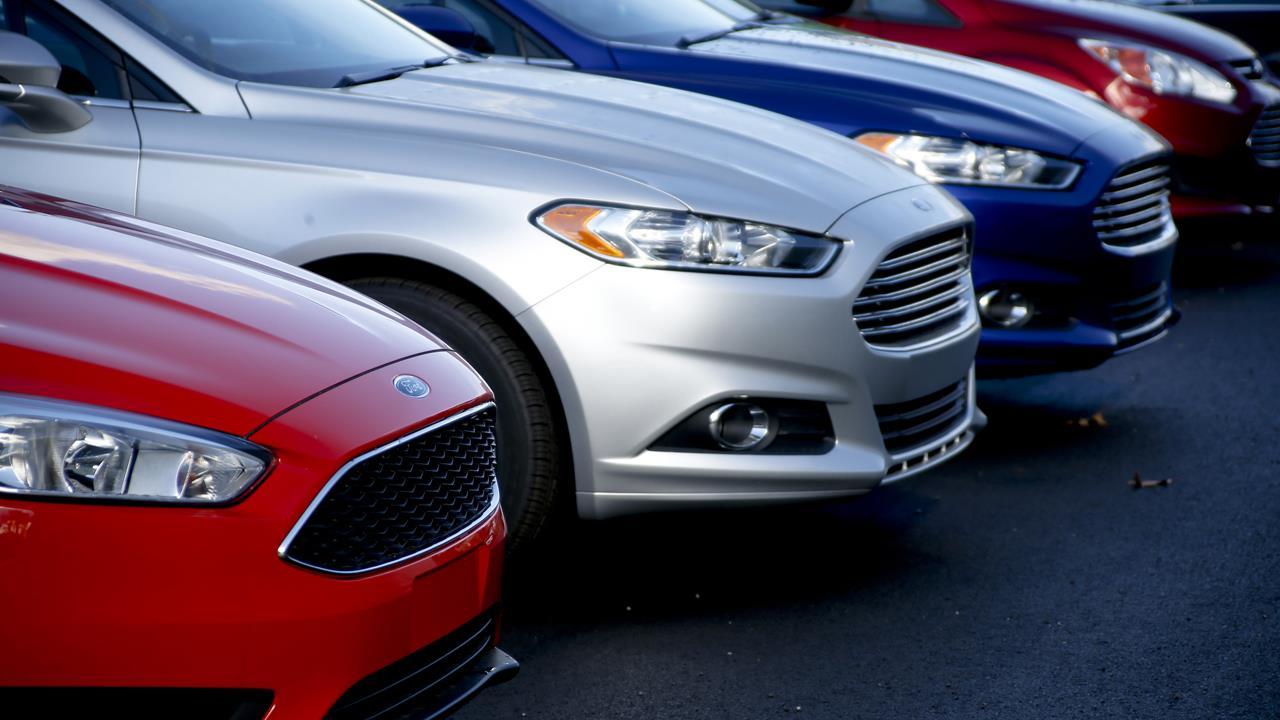Car shoppers finding fewer 0% finance deals
Zero percent finance deals are becoming harder for car shoppers to find.
With interest rates on the rise, zero percent finance deals have dropped to their lowest levels since 2005, according to recent analysis by Edmunds. Promotional offers of zero percent annual percentage rates accounted for 5.6 percent of all new-vehicle sales in September, down from 10.1 percent in the same month in 2017.
The decline of zero percent offers in recent months has bucked the seasonal trend, as automakers typically dangle no-interest loans during the summer to boost sales of outgoing model-year vehicles. But no-interest loans have become more costly for lenders. Automakers are now using cash incentives and other perks to attract buyers.
“This appears to mark the end of a fairly long-lived tradition for the industry,” Jeremy Acevedo, Edmunds’ manager of industry analysis, said in a news release. “While inventory isn’t at the alarming level it was at this stage last year, how automakers navigate their model-year selldown will be critical through the rest of the year as the market contracts and prices continue to rise.”
Edmunds added that a scarcity of zero percent finance offers has helped keep interest rates near record highs. The average rate for a new vehicle was 5.8 percent in September, sharply higher than the year-ago average of 4.8 percent.
The percentage of new vehicles financed with a rate of 1 percent or less dropped to 5.3 percent from 8.2 percent year over year, according to J.D. Power data cited by The Wall Street Journal. When auto sales were at their peak in 2016, buyers financed 11.7 percent of transactions for a rate of 1 percent or less. J.D. Power also estimated even fewer zero percent deals in September at 3.4 percent.
The Federal Reserve has gradually hiked short-term interest rates to counter rising inflation, a move that increases borrowing costs for consumers. Sticker prices have also climbed amid declining market share for passenger cars, which are usually less expensive than sport-utility vehicles (SUV). Strong sales of SUVs and pickup trucks have driven transaction prices higher in recent years.
In order to keep monthly payments in check, car buyers have put more money down and taken out longer-term loans. The average down payment in September was $4,198, up from $3,555 five years ago. The average loan term was 68.7 months compared to 65.5 months.
This story was originally published Aug. 1.




















